Countries around the world are increasingly interested in using advanced technology and processes to treat waste, even turning waste into energy. These models have provided many useful experiences for Vietnam.
International experience
In the world, many countries have practical policies on the management, collection and treatment of domestic solid waste. They have introduced many measures and regulations to encourage people to comply, increase the recycling rate through sorting waste at the source from households, applying modern waste treatment and recycling technology; cases of intentional violations will be severely punished... To reduce the cost burden on people, authorities in many places also subsidize waste collection companies.
In Japan, household waste is managed at the local level. Each locality has a different way of classifying waste, but basically household waste is divided into four main categories: burnable waste, non-burnable waste, raw materials and large waste. Burnable household waste (food, paper, etc.) is put in separate bags.
[caption id="attachment_428040" align="alignnone" width="768"]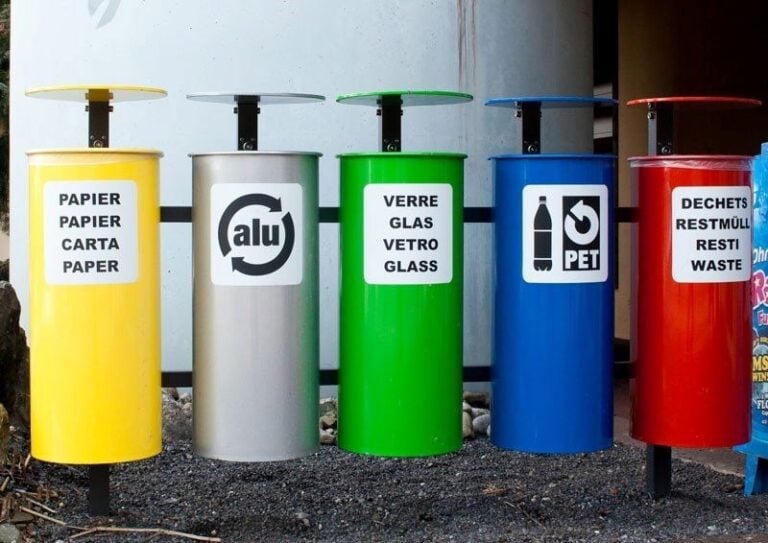 Countries around the world pay great attention to waste treatment in daily life and industrial activities. Photo: tapchitaichinh [/caption]
Countries around the world pay great attention to waste treatment in daily life and industrial activities. Photo: tapchitaichinh [/caption]Garbage will be collected 2 days/week. Plastic waste such as plastic bottles, plastic containers (washing powder, cooking oil, etc.) will be collected on 1 day and put in a separate bag. In Kyoto, there is a special day when only cardboard and paper boxes are collected. If people want to throw away large waste (bicycles, refrigerators, washing machines, etc.), they must pay a company to handle it and cannot throw it away on their own.
Since 2001, Singapore has implemented a waste treatment program to increase recycling rates through source separation of waste from households, markets, and businesses. The current waste recycling rate is high at 60%, Singapore only buries 2% of its solid waste and has built artificial islands made from landfill. Singapore also uses incineration, which reduces the amount of waste dumped in landfills and can generate electricity. Currently, 4 plants incinerate 38% of waste, meeting nearly 3% of Singapore's electricity needs.
In Germany, the government aims to eliminate all existing landfills and plans to recycle all waste and convert waste into energy. It is estimated that recycling and converting waste into energy will save Germany 3.7 billion euros a year. Waste treatment systems have already saved 20% of metal import costs and 3% of energy import costs.
Household waste management in Vietnam
The amount of waste in Vietnam today is about 50,000 tons per day, of which about 35,000 tons per day is in urban areas, the rest is waste in rural areas. In Hanoi and Ho Chi Minh City alone, about 7,000-8,000 tons are discharged per day, of which over 80% is mainly treated by landfill technology.
In 2022, more than 1,717 tons of recyclable waste were collected and recycled, earning a total of over VND 4 billion; about 330,922 kg of hazardous waste were collected after sorting, mainly batteries and light bulbs; about 5,082 tons of construction solid waste and bulky, large-sized waste were collected.
[caption id="attachment_428042" align="alignnone" width="624"]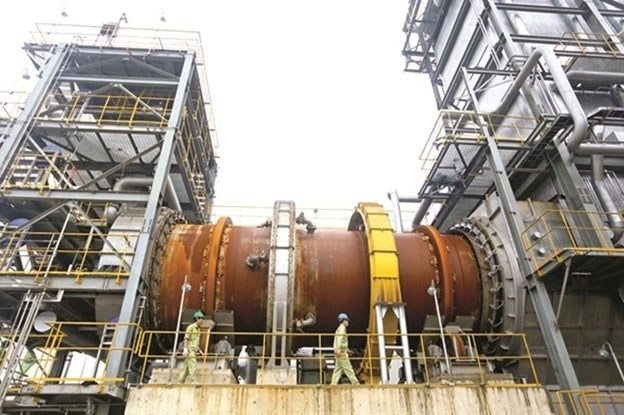 Industrial waste treatment technology line for power generation. Photo: tapchitaichinh [/caption]
Industrial waste treatment technology line for power generation. Photo: tapchitaichinh [/caption]According to statistics from the Ministry of Natural Resources and Environment, there are currently about 900 unsanitary landfills nationwide, most of which are located in rural areas. The traditional control and management of waste is still limited, leading to the risk of causing negative impacts on the ecosystem, living environment and human health.
Vietnam is gradually shifting to other technologies such as recycling, biodegradation, energy conversion and landfill reduction. These technologies are being deployed and expanded in a number of major cities and regions in Vietnam, aiming to optimize resource use and reduce negative environmental impacts from landfilling. However, there are still many challenges that need to be overcome to achieve an effective and sustainable household waste treatment system.
From the world's experience, many experts believe that Vietnam needs to improve the legal basis and create favorable conditions for investors to participate in solid waste treatment. Accordingly, it is necessary to supplement regulations and policies to encourage and support individual investors to invest in the waste treatment sector, creating a comprehensive cycle in the sustainable development circular economic chain.
In waste treatment, there is no single technology that is considered the most optimal. The choice of technology depends on many factors such as local conditions, waste type, treatment scale, economic resources and environment. The most important thing is to choose and apply appropriate technologies, ensure sustainability and create the best efficiency in waste treatment.
Vietnam also needs to promote international cooperation and learn from countries that have been successful in waste management. This can help Vietnam adopt advanced methods and technologies from other countries, while also facilitating cooperation and information exchange with international partners. By investing in waste treatment technology, raising public awareness and seeking international cooperation, Vietnam can make significant progress in reducing waste and protecting the environment.
In addition, Vietnam needs to promote digital transformation in waste treatment. For example, applying waste management software and digitizing data will help local officials manage the area more effectively and easily.
Experts say that digital transformation in waste collection is an inevitable trend to save manpower, costs as well as reduce harm to human health.
Thuy Trang






















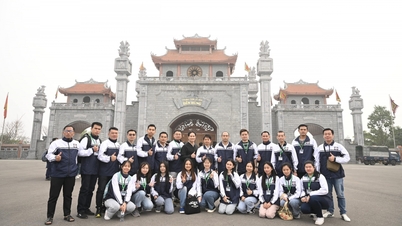
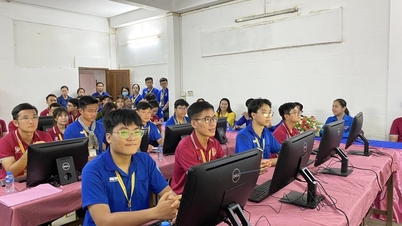

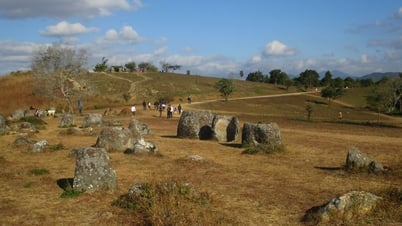

































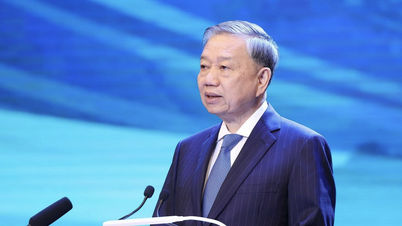
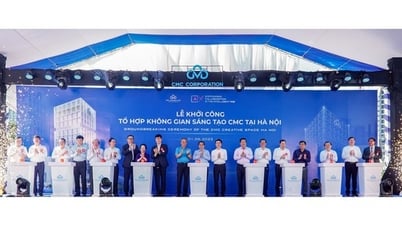

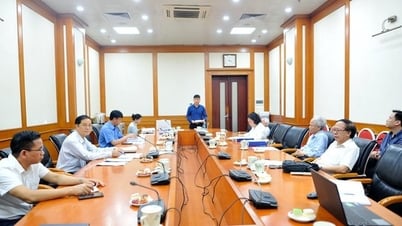






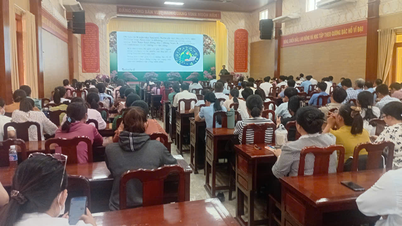


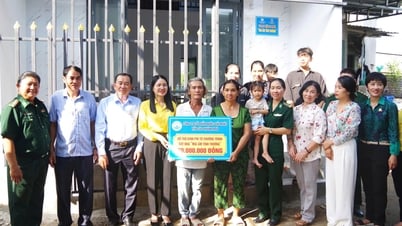
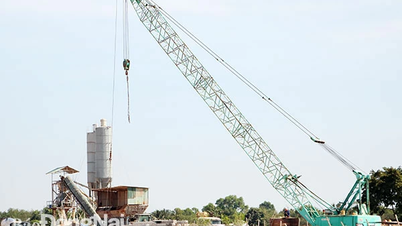

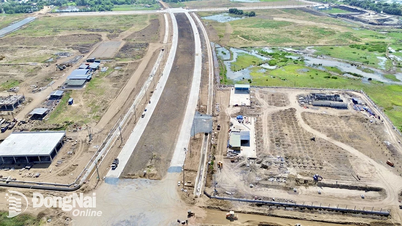
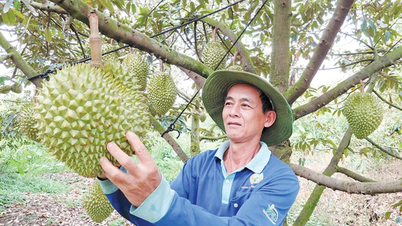









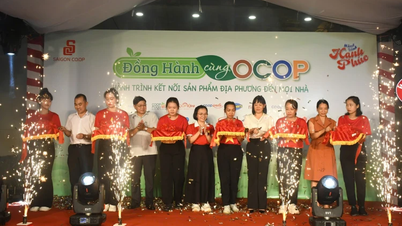



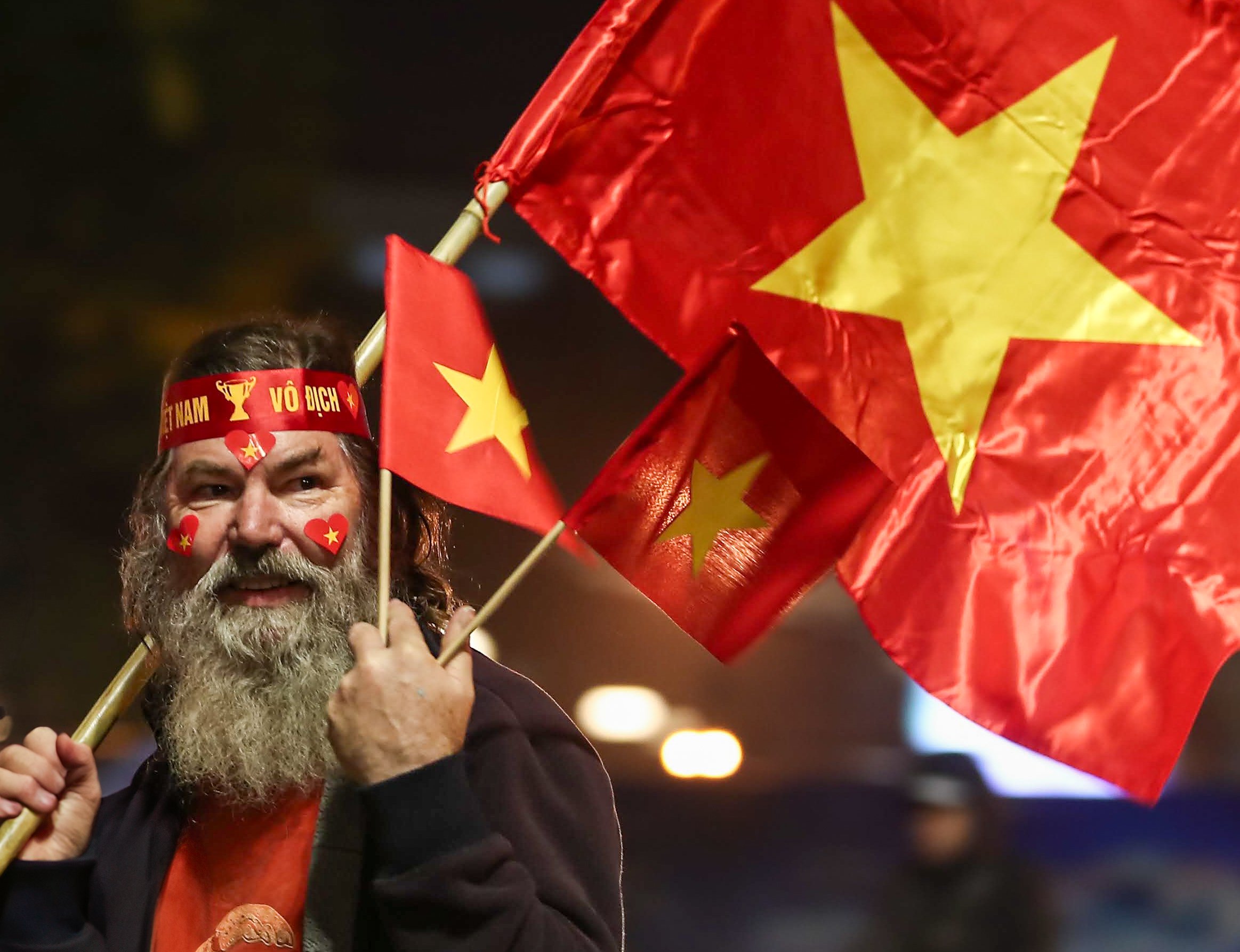



Comment (0)